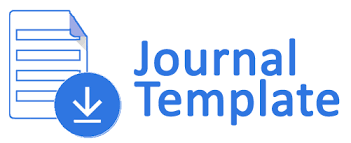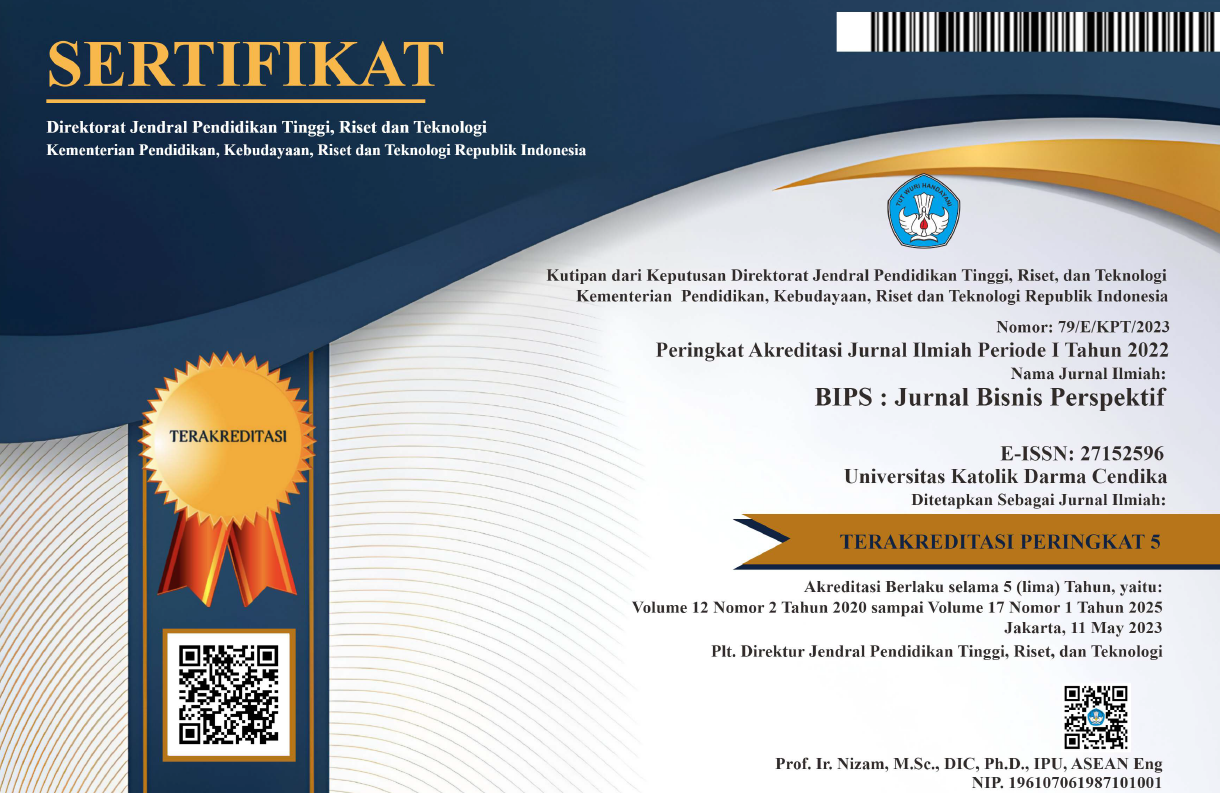AN Audit Evidence: Mampukah Menghadapi Fraud?
DOI:
https://doi.org/10.37477/bip.v16i1.508Keywords:
Auditing, Evidence, Fraud, Internal ControlAbstract
Finding out whether auditors can uncover fraud in a business using audit evidence is the goal of this study. In order to back up their findings and suggestions on an entity's financial accounts, auditors gather what is known as audit evidence. Investigating whether fraud in financial reports or other types of fraud may be aided by properly using audit data is the goal of this study. The significance of audit evidence in bolstering attempts to detect and manage fraud is further illuminated by this study. An auditor's ability to identify and prevent fraud that can hurt the business depends on his or her familiarity with the function and proper application of audit evidence. Furthermore, this study lays a solid groundwork for future improvements to audit methodologies and processes that can tackle the ever-increasing complexity of fraud. A literature review, which comprises gathering and evaluating information from several relevant sources, is the research methodology used. Because it can check the accuracy and fairness of information, uncover suspicious patterns and anomalies, disclose the truth about company transactions and activities, and give appropriate proof, audit evidence plays a significant role in detecting fraud, according to the study findings. Auditing evidence must be collected in an impartial, independent, and truthful manner if auditors are to be successful in detecting fraud. The significance of audit evidence in bolstering attempts to detect and manage fraud is further illuminated by this study.
Downloads
Published
How to Cite
Issue
Section
License
Authors publishing in this journal agree to the following terms:
- The author retains copyright and grants the journal rights of first publication with the work simultaneously licensed under a Creative Commons Attribution ShareAlike License License that allows others to share the work with acknowledgment of the author's work and initial publication in BIP's: Journal of Business Perspectives.
- Authors may include separate additional contractual arrangements for non-exclusive distribution of the published version of the journal (e.g., submit to an institutional repository or publish in a book), with an acknowledgment of the original publication in this Journal.
- Authors are permitted and encouraged to post their work online (e.g., in institutional repositories or on their websites) before and during the submission process, as it can lead to productive exchanges, as well as citations of previously published work.
Each author is expected to complete the copyright process with a document of the originality of the manuscript, the templated document is below:


7.png)


6.png)
2.png)


